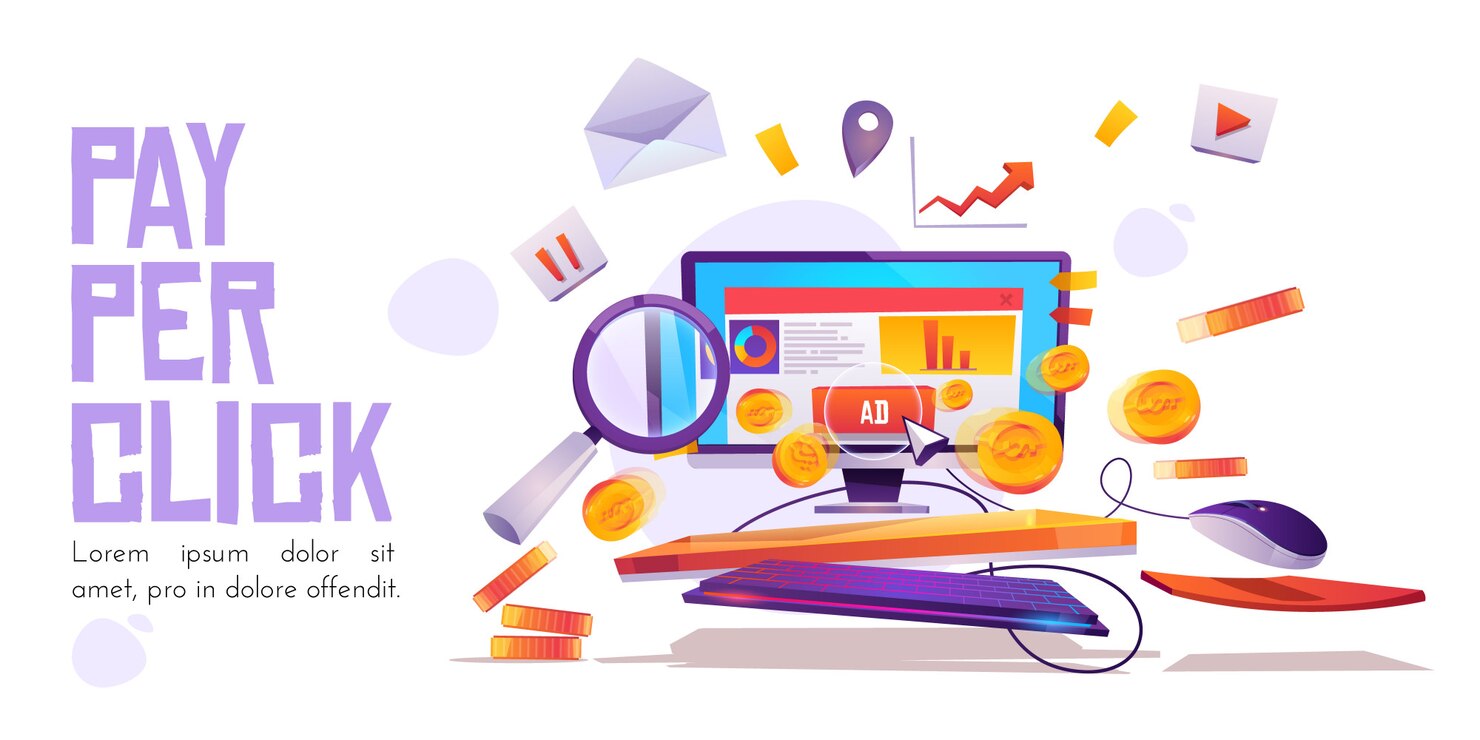
Pay-Per-Click (PPC) advertising has emerged as a powerful tool in the digital marketing landscape, offering businesses a dynamic and results-driven approach to reach their target audience. This essay explores the key advantages of PPC, shedding light on why it has become an indispensable part of contemporary marketing strategies.
PPC allows advertisers to pinpoint their audience based on demographics, location, interests, and online behavior, ensuring that ad spend is invested in reaching the most relevant potential customers.
Transparency in Action


One of the standout advantages of PPC is its ability to provide real-time, detailed performance metrics. Advertisers can track clicks, impressions, conversions, and other crucial data, facilitating data-driven decision-making.
Whether you're a small startup or an established enterprise, PPC is scalable. Advertisers can start small and gradually increase their budget as they see positive returns, making it an adaptable strategy for businesses of all sizes.
PPC extends beyond search engines to social media platforms and display networks. This multi-channel approach broadens brand exposure, capturing the attention of potential customers wherever they spend their online time.